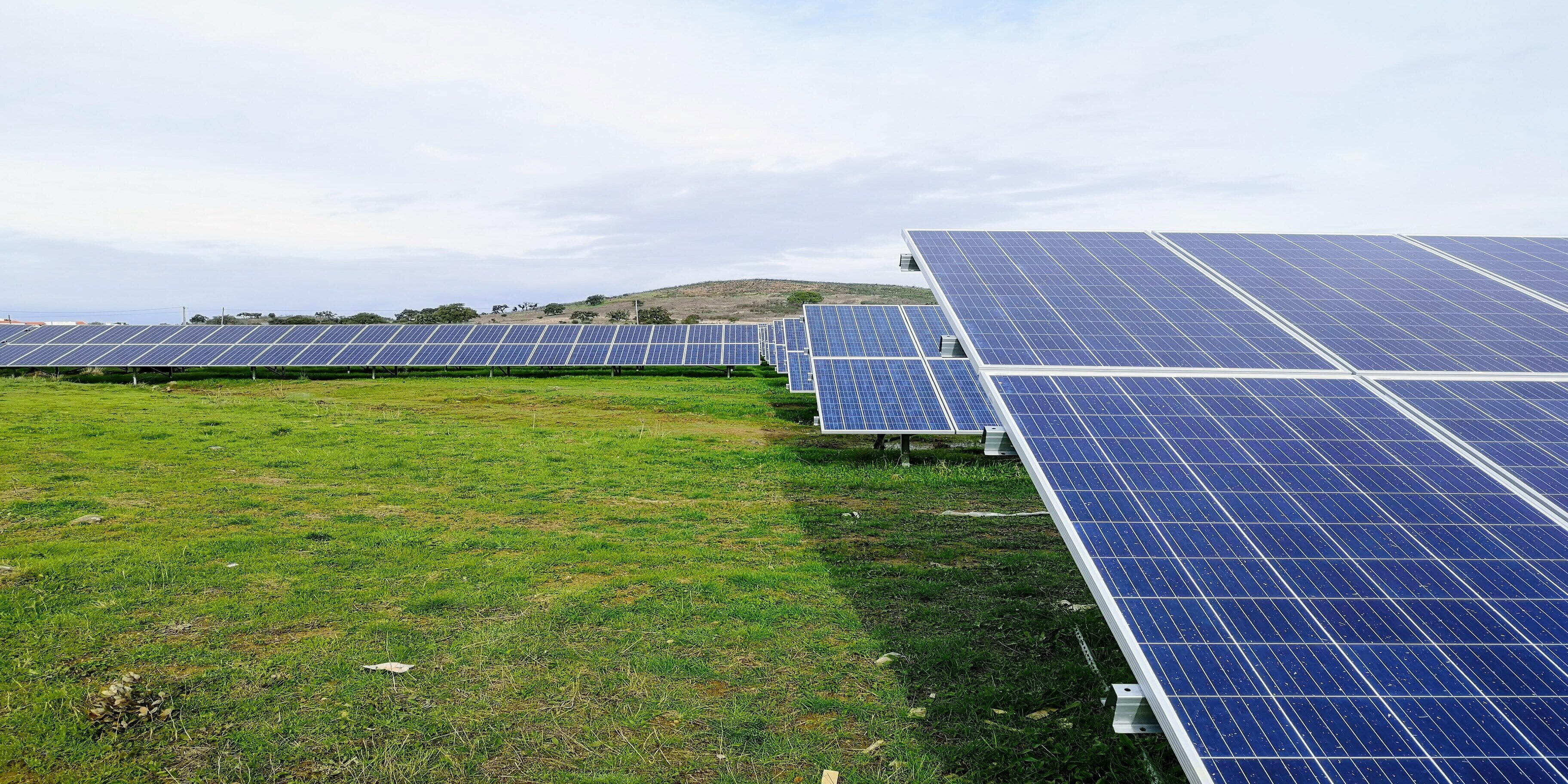Insights, Events and Videos
Climate change is a key long-term risk, the World Economic Forum noted for the first time in early 2020. The Forum also identified climate action failure -- if governments around the world fail to take sufficient action to address climate change fast enough – as the risk with greatest impact on the global economy. Recently, climate risk has risen up the agenda in corporate boardrooms and regulatory bodies worldwide. Investors are also taking action as responsible managers.
Climate risk’s impact on global asset prices
Climate risk must be taken into account in asset allocation, said the Research Institute of Ping An Securities Company Ltd.
How might climate risk affect global asset prices? The Research Institute believes that there are four areas of potential impact:
- Climate change risk would change the value of underlying assets, and financial institutions would be affected due to rising insurance claims, loss in value for disbursed loans and adverse impact on existing investments
- Climate risk would affect market expectations and result in a review of asset prices to take account of the increased risks, which may result in lower capital allocation efficiency
- Climate-related events would affect market operations, leading to increased operational and liquidity risk
- The various risks would increase volatility in capital markets.
Investment opportunities in climate risk mitigation
There are investment opportunities associated with climate risk mitigation. Investments in the ‘green’ industry and environmental, social and corporate governance (ESG)-linked investments stand to gain.
In order to cope with climate change, governments and corporates are accelerating green transformation efforts. China, for example, is vigorously developing renewable energy assets. Investors could pay attention to enterprises in the value chain of industries such as the clean energy industry and the new energy vehicles.
There are sustainable investment opportunities in other facets of the real economy. ESG factors are becoming key metrics investors consider to deal with rising climate risk.
According to historical performance, ESG-themed investments, which focus on companies that rank highly on ESG metrics, offer stable long-term returns, with the alpha particularly significant in emerging markets. For example, the annual rate of return rate for the MSCI Emerging Market ESG Leaders Index in the last 10 years was 7.3%, exceeding the benchmark rate by 3.9 percentage points.
ESG investments are proving more resilient as well. A BlackRock study earlier in 2020 found that the global spread of the pandemic over the first quarter of the year triggered various market shocks, yet more than 94% of a globally-representative selection of sustainable indices outperformed their benchmarks.
This article is an excerpt from the 2020 Q4 Asset Allocation Report "Risk and Balance: How Climate Change Affects Asset Allocation”, 20200928, by Wei Wei, Chen Xiao, Zhang Yajie, Hao Sijing and Tan Shiyin.

